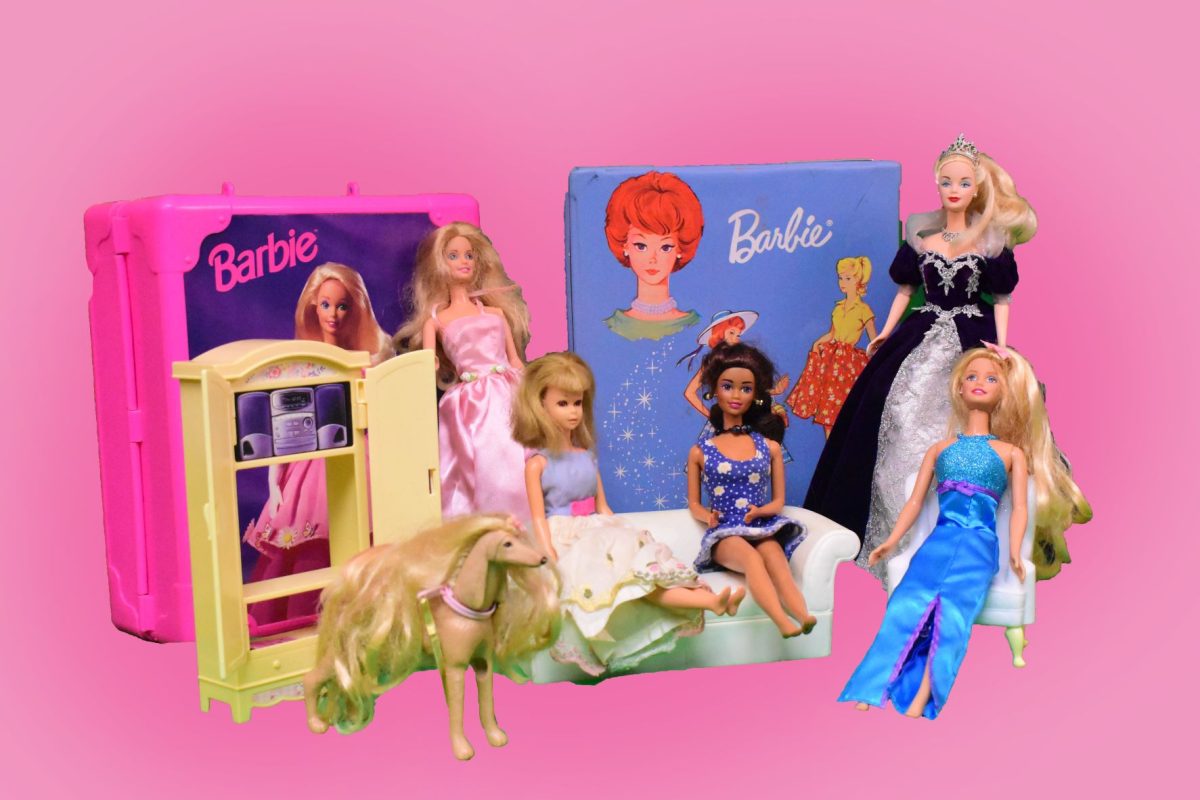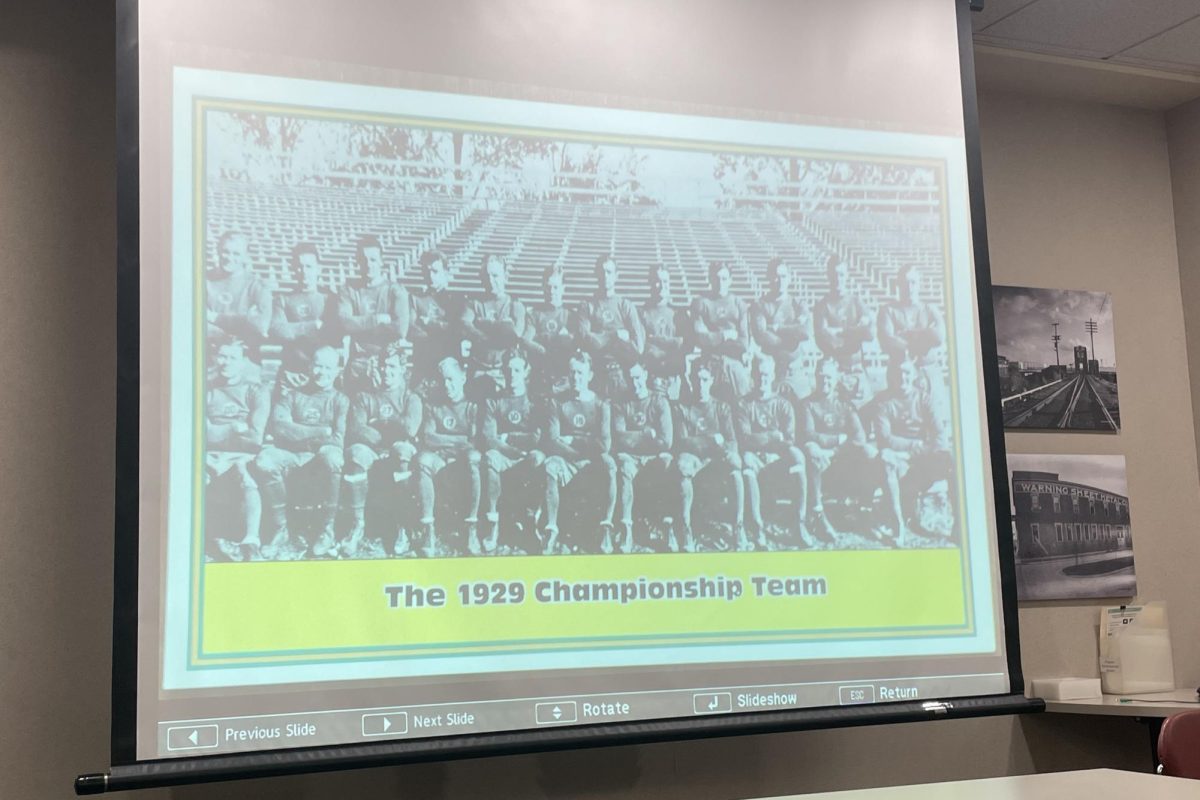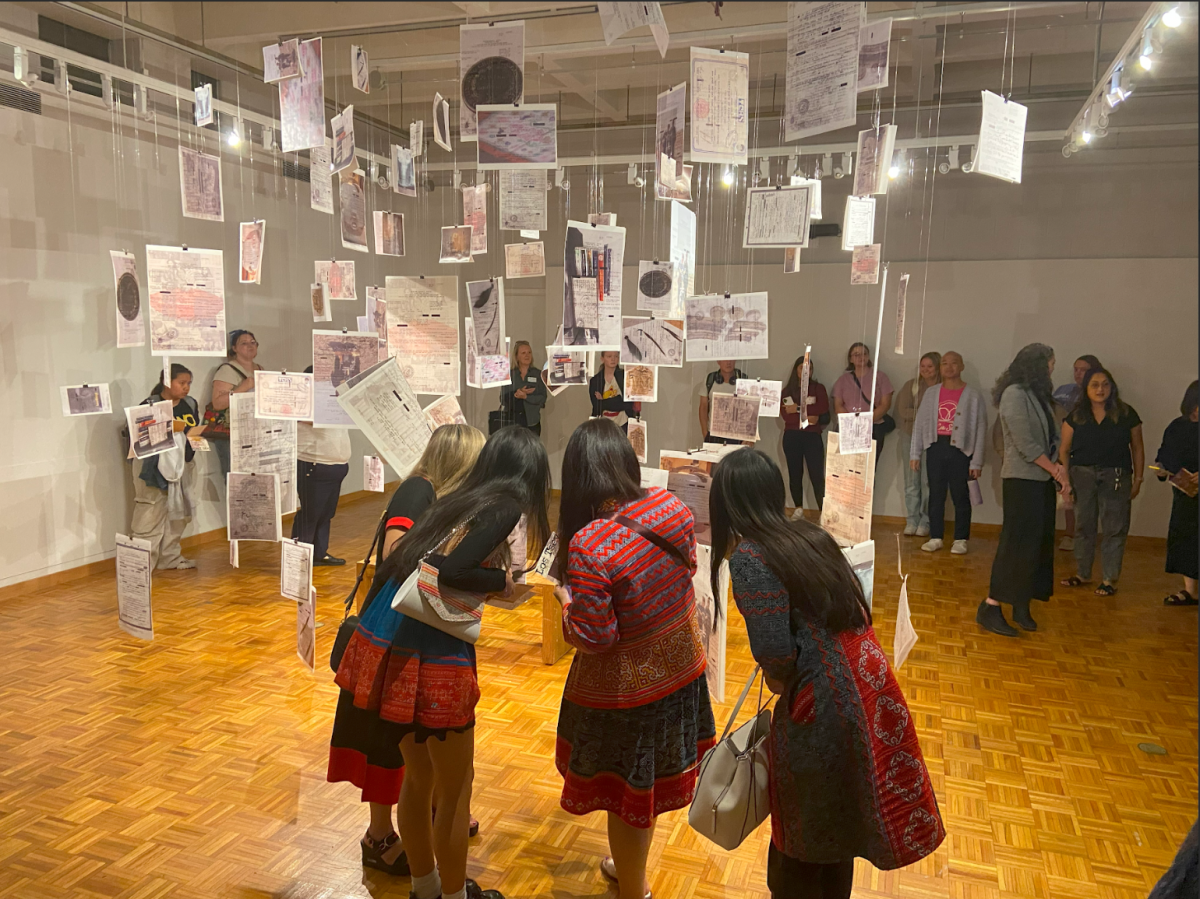Hi Barbie! That is how everyone has been greeting each other since a new TikTok trend that began when “Barbie,” directed by Greta Gerwig, was released this summer.
The trend includes going up to random girls (and sometimes even guys) and saying “Hi Barbie” or “Hi Ken” just as the characters in the movie greet each other.
Most people respond by saying “Hi Barbie” back, or just a confused stare — if they have not watched the movie.
While the movie has created this trend, it has also created another trend on TikTok and in conversations with other women that is the idea of looking into girlhood and everything that goes into being a woman.
This helps explain why the film is so popular. It shattered many different box office records, including being the highest grossing film of 2023 thus far, the highest grossing film directed solely by a woman and biggest opening weekend for a film based on a toy.
Ula Klein, director of the Women and Gender Studies program at UWO, says there are many reasons for this.
Klein emphasized the major role of the toys.
“In one word, Barbie,” she said. “Barbie is a part of girls’ upbringings in the U.S. regardless of whether you love her or hate her. Barbie was my favorite toy growing up; all I ever wanted, from the age of 6 to 11, was more Barbies.”
Barbie created the idea that girls could be more than just girls, according to Klein.
“Barbie was a vehicle for storytelling and imaginative play for me, and I think for many other girls and boys,” Klein said. “Barbie means something to all of us, but especially women and girls.”
The film made people look deeper into their relationships with other women based on something as simple as going to see the movie.
“I think it brought a lot of women together, especially across age lines,” Klein said. “Mothers, daughters and friends were all bonding together, going to see the film dressed in pink, and enjoying a pop culture product made with them in mind.”
The movie even made Klein look back on her own memories of Barbie while watching.
“It made me really think a lot about Barbie, the cultural icon, but also Barbie in my life, as a girl,” she said. “I appreciated the stroll down memory lane and some of the ‘in-jokes’ about Barbie, the doll, like the fact that she just floats down from her house to her car.”
“Barbie” also focuses on issues going on with women in the world, and Klein said the success of the film was due, in part, that it was.
“A lot of people feel, and I agree, that the movie was so successful because it tapped into a market that is often ignored: women moviegoers,” she said. “To see a film that is focused on women’s issues and specifically on an iconic girls’ toy made a real splash.”
The movie takes on different issues that have even been circulating around the doll itself.
“The idea of Barbie has been loaded with a lot of cultural weight and symbolism relating to how we think about women…” Klein said.
“It was interesting to see the movie try to unpack why Barbie is still relevant after 50+ years on the market, while also creating an entertaining product that beat all sorts of records for a female-fronted film and a film made by a woman.”
“Barbie” also took a deep look into masculinity and how it limits what women can do in society.
“We have to address fragile masculinity and toxic masculinity in our society to dismantle patriarchal power structures, and the film did a good job of bringing out those conversations,” Klein said.
One thing Klein noticed is that after Barbie wronged Ken, she apologized to him, but he never apologized for what he did to her. Which reflects how some relationships are in our own society.
“At the end of the film, Barbie apologizes to Ken for taking him for granted,” she said. ‘And yet Ken does not apologize to Barbie for never asking for consent in the relationship he imagined they were having.”
The success of the film can be summed up to what the film did to highlight women. It delved into women’s issues and what it means to be a girl. But it also launches conversations about the film after people saw it.
“It also sparked a lot of discussions about what Barbie means to all of us and culturally, and in general I think it created a moment of community between people,” Klein said.
“Barbie” is still showing at Marcus Theater in Oshkosh as of press deadline.















